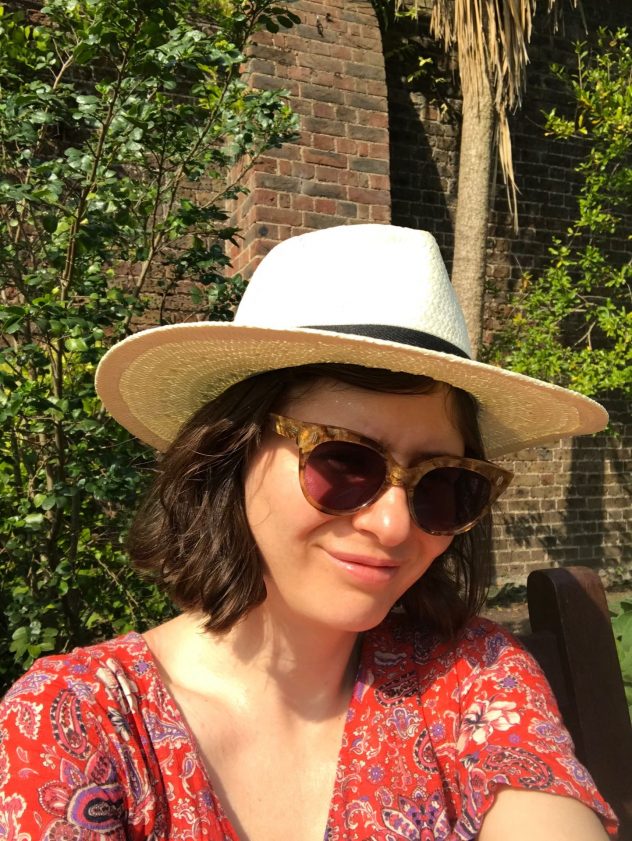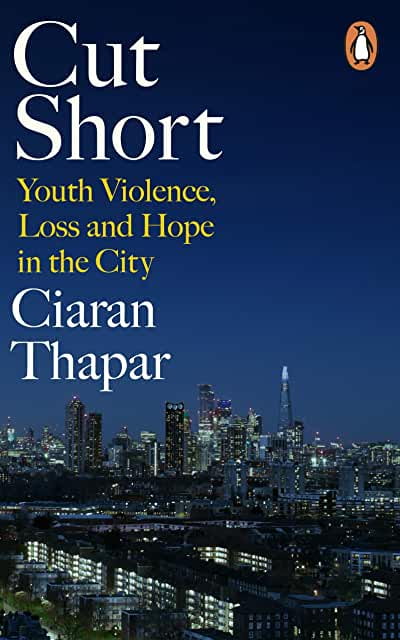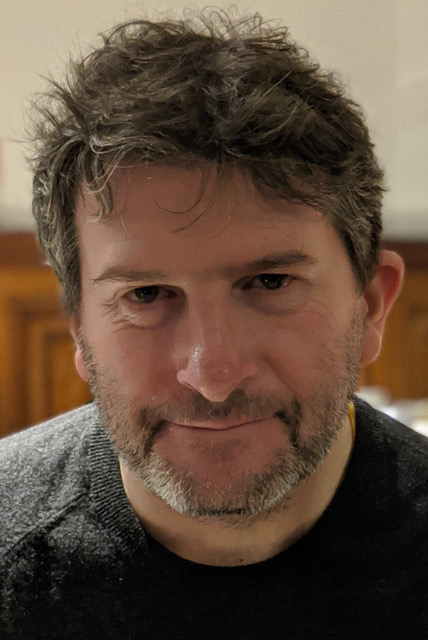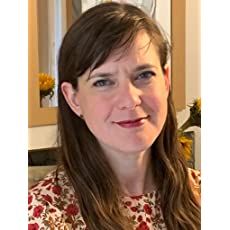By Rebekah Lattin-Rawstrone
We’re delighted to announce the winners of this term’s competition who will be reading their winning entries alongside debut author, Michael Mann at this term’s virtual event on Wednesday, March 30th at 7pm. Register now to join them
Spring 2022 winners
This term’s winners (in alphabetical order) are:

James Baxter
James Baxter is a long-term resident of Hackney and has been London-based since graduating from the LSE in the early 90s’. His career has been spent in the media and film sectors, including a 15-year stint as a journalist and magazine editor. James founded the PR consultancy JBM in 2010 and the film production company Mean Time Films in 2012. He is currently writing his debut short story collection. He is an alumnus of the Short Story Writing course. He will be reading an extract from ‘The Drop’.

Emma Bielecki
Emma Bielecki, a Narrative Non-Fiction student, is a cultural historian who splits her time between London and nineteenth-century France. She has written about things that interest her (Bob Dylan, French Belle Epoque crimes serials, pet cemeteries) for outlets such as The Junket and The Conversation, as well as in fanzine form (at www.misfitsisters.com). Emma will be reading her nonfiction short, ‘Eh-ALL-ing’.

Stephanie Donowho
A student of Novel Writing and Longer Works, Stephanie Donowho is from Austin, Texas, where she worked as a video editor before moving to London in 2017 to pursue a Masters in Shakespeare Studies at the Globe theatre. She has acted in over a dozen plays, co-founded a theatre company, and currently works in financial services in London. Her work was published in Mslexia‘s 2021 anthology Best Women’s Short Fiction as a runner-up in the Flash Fiction competition. She will be reading ‘Once a daughter of Eve’.

Sini Downing
Sini Downing (Short Story Writing and Writers’ Workshop alumna) often finds her international experiences worming their way into her creative writing. The novel, from which her excerpt, ‘The Stink of Money’ is taken, and from which she will read at City Writes, was inspired by an intense 19 months living in downtown Baltimore. Now based in London, she is Head of Studio at a production company specialising in character performances for video games. She is currently seeking representation.

Alison Halsey
Alison Halsey is a fiction writer and a former financial services professional, with a career lasting over 40 years. She has also served in many roles supporting charities with a focus on young people with learning disabilities. A student of An Approach to Creative Writing, Alison is currently editing her first novel Minta Gets Everything Wrong, for which she feels she has far too much personal research material, resulting in an elongated editing process. She will be reading an extract from this novel.

Adam Zunker
Adam Zunker has taken several short courses in creative writing at City University and is working on his first novel, a fantasy story about death, faith and hallucinogenic frogs from which he will be reading an extract for City Writes. He has spent far too many years working in politics and journalism, though both have probably provided some grounding in creative writing. He lives in London with his wife and daughter.
These fantastic authors will take you on a journey of frog-licking, London exploring, drug dealing, funeral attending (with chicken), feminist Bible reading, healing wonder. Reading alongside debut author, Michael Mann whose middle grade novel, Ghostcloud, set in the smoky underworld beneath Battersea Power Station, is causing quite a stir, this will be an unmissable event. Sign up here now! We’ll look forward to seeing you there!















 Stephen King’s tribute to his ‘divine’ editor – from his book On Writing: A Memoir of the Craft – is a creed all writers should live by. Yet when I recently turned my red pen on my own writing on a
Stephen King’s tribute to his ‘divine’ editor – from his book On Writing: A Memoir of the Craft – is a creed all writers should live by. Yet when I recently turned my red pen on my own writing on a 

 Alex gave interesting and thoughtful answers to my questions, allowing the audience a chance to investigate some of the novel’s central concerns and the particulars of Alex’s writing practice. Inspired by her voluntary work, we were amazed that Alex is able to write in front of the television and that she has already written another novel and is halfway through her third. Go, Alex! We can’t wait to read the next one!
Alex gave interesting and thoughtful answers to my questions, allowing the audience a chance to investigate some of the novel’s central concerns and the particulars of Alex’s writing practice. Inspired by her voluntary work, we were amazed that Alex is able to write in front of the television and that she has already written another novel and is halfway through her third. Go, Alex! We can’t wait to read the next one!



Recent Comments